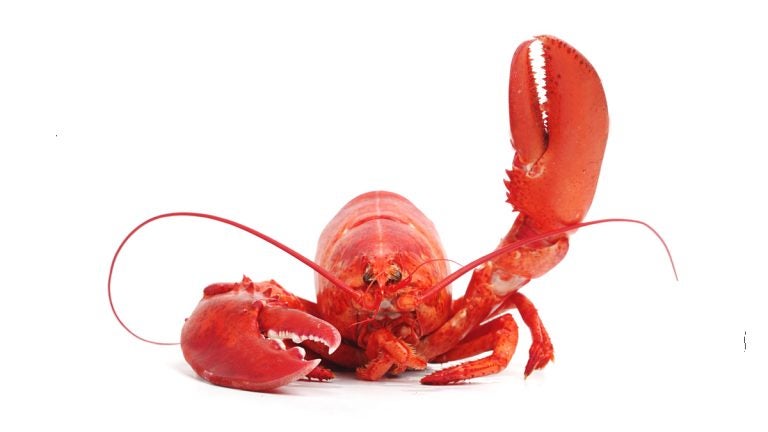New Jersey Libertarians quietly plan their revolution over seafood

Libertarian meetings are open to everyone
The six Libertarians seated at Grabbe’s Seafood Restaurant and Crab House in Westville, N.J. in Gloucester County, were talking about strategies for the upcoming election season. The general consensus was that prospects looked pretty good by third-party standards.
Are you a Libertarian and don’t know it?
Take the Libertarian Quiz
At the New Jersey Libertarian Party’s nominating convention last month, they put up a handful of candidates for state assembly, county freeholder boards and township councils around New Jersey. They hope to recruit more before the June 2 primary, which is the deadline.
That would be a pretty dire situation for either the Democrats or the Republicans. But third-party loyalists in New Jersey have to take their victories where they can, fueled by the belief that they’re inching their way toward broader political changes.
The informal monthly meeting at Grabbe’s serves as a combination social gathering and political strategy session, where Libertarians from the South Jersey region talk about the issues over servings of seafood and fries. Similar monthly meetings take place around the state.
Chris Feeney, one of the attendees, said they have no illusions about the fact that they’re fighting an uphill battle.
There are 2,526 registered Libertarians in New Jersey, compared to 1 million registered Republicans and 1.7 million Democrats as of March 31, according to the New Jersey Department of State’s Division of Elections. Greens, the next-highest party, number 1,278 registered voters.
But the number that gives New Jersey Libertarians hope is the 2.5 million voters registered as “unaffiliated.” Each of those voters is a potential convert, as far as they’re concerned. Even the registered Democrats and Republicans clearly aren’t enthusiastic enough about their respective parties to be lining up around the block at polling places come primaries and off-year elections.
Feeney argues that many of them declared their party affiliation in a setting where the political system and the news media present Democrat or Republican as the only viable options. Libertarians aren’t invited to debates, and the news media typically treat their candidates as an afterthought.
Patrick McKnight, chair of the state Libertarian Party, said New Jersey voters weren’t even able to declare their party affiliation as Libertarian until 2001. Until then, it was Democrat, Republican or unaffiliated.
Even now, election ballots automatically list Democrats and Republicans at the top, and so-called “third parties” afterward in an order determined by lottery, regardless of registration numbers. They don’t even get to officially participate in the primaries — which may not necessarily be a bad thing, since Libertarians don’t support a system of taxpayer-funded primaries anyway, McKnight said.
The attendees at Grabbe’s said the digital age now gives them a means for doing an end-run around the political system and mainstream media. A big part of their strategy in the months and years ahead is using digital platforms such as podcasts to get their message out.
And what is that message?
Talk among the group at Grabbe’s touched on a broad range of topics. They’d be the first to admit that they don’t agree on everything. But basically, it comes down to keeping government involvement in citizens’ lives to a bare minimum.
Read the NJ Libertarian Party Platform
Tim O’Brien, also at Grabbe’s, said he gets annoyed when Republicans complain that Libertarians syphon off conservative votes. O’Brien sees Democrats and Republicans as flip sides of the same coin. And if Republicans are failing to adequately connect to the voting public, they have nobody to blame but themselves. “We don’t walk in lockstep,” O’Brien said.
_________________________________________
This post is part of our South Jersey Politics Blog
WHYY is your source for fact-based, in-depth journalism and information. As a nonprofit organization, we rely on financial support from readers like you. Please give today.




